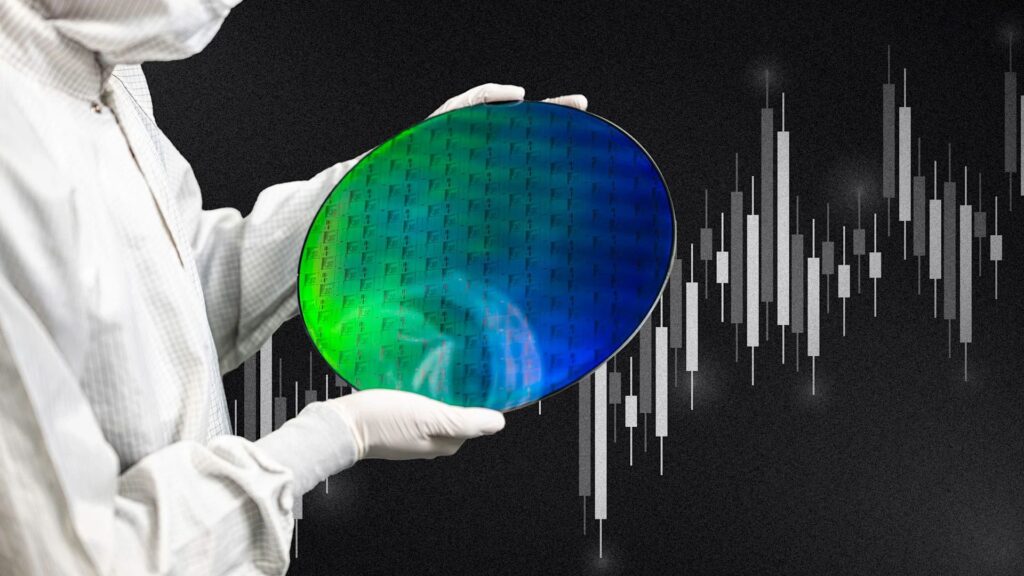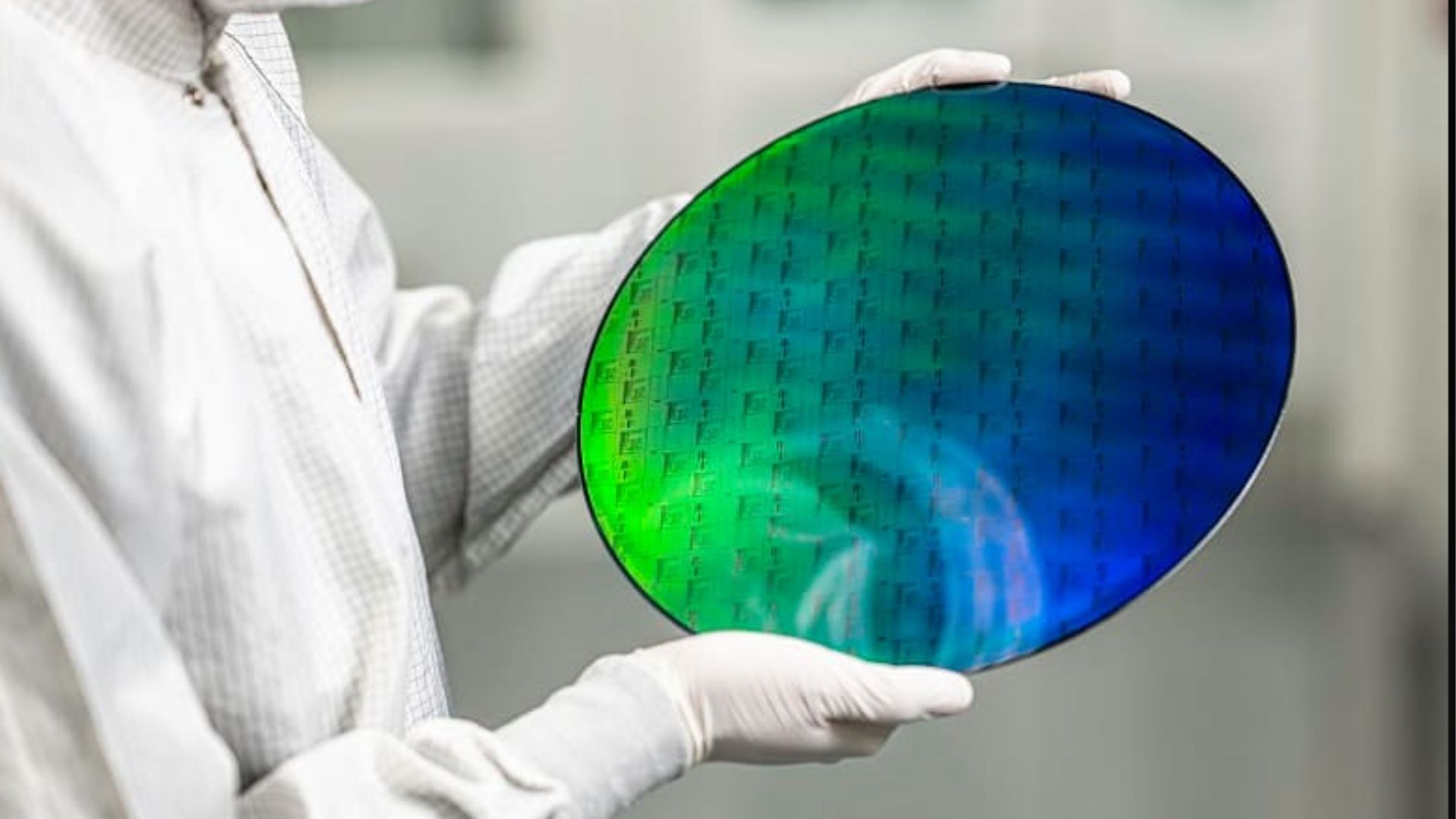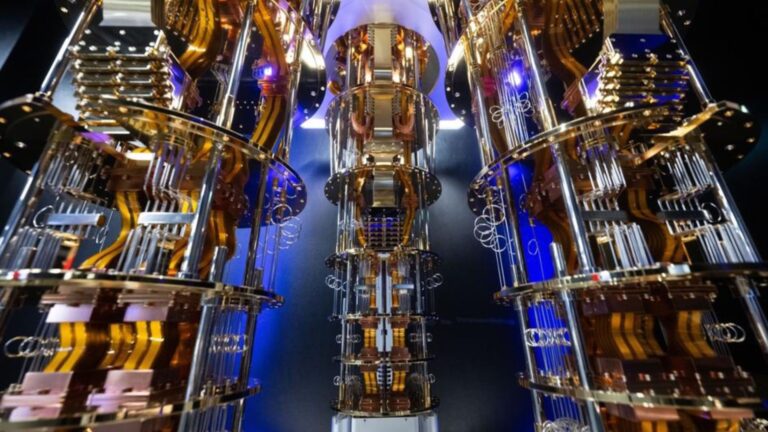
Quantum computing just hit the big time. Startup PsiQuantum has officially landed a massive $1 billion in new funding, rocketing its valuation to an impressive $7 billion. But the real headline-grabber is who just joined the party: Nvidia, the undisputed king of AI chips. This move signals a major shift for the tech giant, whose CEO previously dismissed quantum’s potential, and it’s all happening amid what experts are calling a full-blown quantum funding boom.
And this isn’t just a one-off deal. The entire quantum sector is buzzing with investment, making this a truly historic week. Just days ago, Finnish competitor IQM snagged $320 million, while another major player, Quantinuum, secured a huge $600 million, also with backing from Nvidia’s venture team. This flood of cash—with private investment in quantum startups soaring past $2 billion this year alone—is a clear sign that investors are no longer just curious; they’re betting big that quantum computing is on the verge of becoming a commercial reality.
Nvidia’s involvement is a stunning turnaround. Earlier this year, CEO Jensen Huang made waves by suggesting practical quantum computers were still “15 to 20 years away,” causing a dip in related stocks. Fast forward to today, and he’s completely changed his tune, declaring that quantum is hitting an “inflection point.” This isn’t just about the money, either. PsiQuantum and Nvidia are launching a deep collaboration to figure out how quantum processors and classic GPUs can work together, a crucial step in building the supercomputers of the future.
So, what makes PsiQuantum so special? Instead of complex systems requiring extreme cold, their technology uses photons—particles of light—as their quantum bits (qubits). This clever approach allows them to operate at higher temperatures and, crucially, use the same kind of manufacturing facilities that already make today’s computer chips. With its new billion-dollar war chest, the company is set to build huge quantum computing centers in Australia and the U.S. Their ultimate goal: deliver the world’s first commercially useful, error-correcting quantum computer with one million qubits by 2027.












I don’t think the title of your article matches the content lol. Just kidding, mainly because I had some doubts after reading the article.